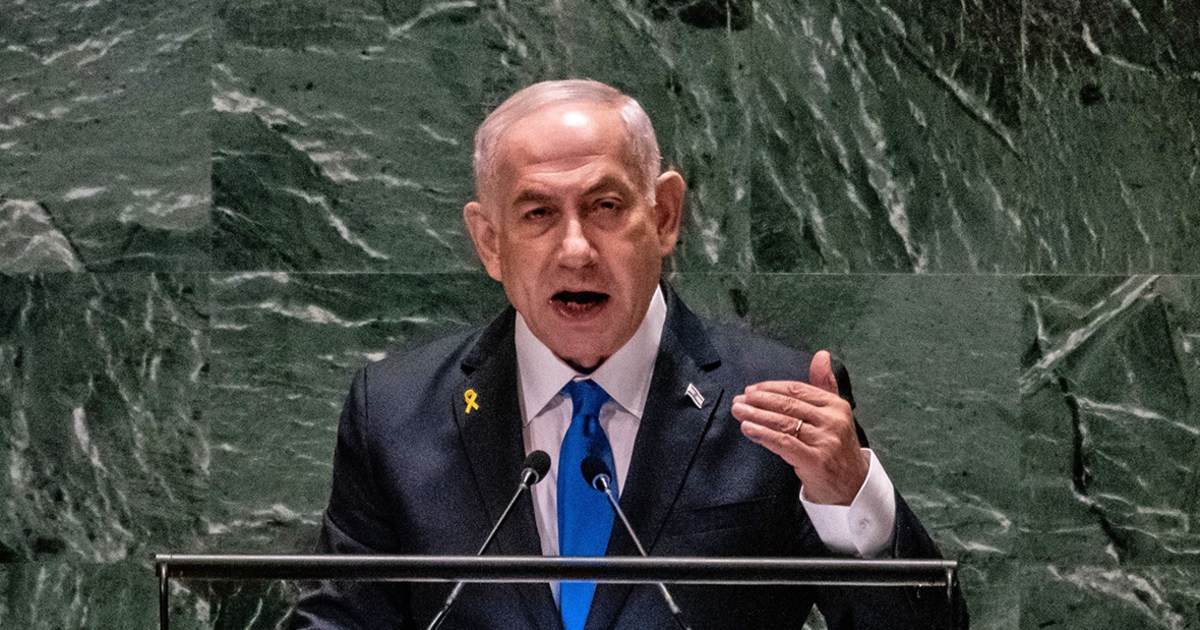Israel’s Targeted Retaliatory Attack on Iran: A New Chapter in Regional Tensions
In a significant development in Middle Eastern geopolitics, a senior official from President Joe Biden’s administration has indicated that Israel’s recent targeted retaliatory attack on Iran may mark the conclusion of direct military exchanges between the two nations. This assertion comes amidst escalating tensions and a complex web of alliances and hostilities that have characterized the region for decades.
A Shift in Military Engagement
The official’s statement, made during a briefing, emphasized that the United States views this latest military action as a pivotal moment. "This should be the end of the direct military exchange between Israel and Iran,” the official stated, underscoring a desire for stability in a region often fraught with conflict. The U.S. administration has communicated this perspective to its partners throughout the Middle East, signaling a potential shift in how military engagements are approached moving forward.
U.S. Influence and Guidance
In the lead-up to the attack, President Biden and his security team engaged closely with Israeli officials, advocating for a response that was both targeted and proportional. The goal was to minimize civilian casualties while effectively addressing the perceived threats posed by Iran. "We worked with the Israelis over recent weeks to encourage Israel to conduct a response that was targeted and proportional with low risk of civilian harm, and that is precisely what transpired this evening," the official noted.
This proactive approach reflects the Biden administration’s commitment to ensuring that military actions do not spiral into broader conflicts, which could have dire consequences for regional stability.
Deterrence and De-escalation
During a recent conversation with Israeli Prime Minister Benjamin Netanyahu, Biden emphasized the importance of designing any military response to deter further Iranian aggression while simultaneously reducing the risk of escalation. The official reiterated this sentiment, stating, "We do not want to see that happen," referring to the potential for Iranian retaliation.
This focus on deterrence is crucial, as both nations navigate a landscape filled with historical grievances and ongoing hostilities. The U.S. aims to foster an environment where military actions serve as a means of maintaining peace rather than igniting further conflict.
The Role of the United States
While the U.S. has made it clear that it played no direct role in the execution of Israel’s strikes, the administration has pledged unwavering support for its ally should Iran choose to retaliate. "Should Iran choose to respond, we are fully prepared to once again defend against any attack," the official stated, reinforcing the U.S.’s commitment to Israel’s security.
This promise of support underscores the intricate relationship between the U.S. and Israel, which has been a cornerstone of American foreign policy in the Middle East. The U.S. sees its role not only as a supporter of Israel but also as a stabilizing force in a region that has long been marked by volatility.
Conclusion: A Hope for Stability
As the dust settles from Israel’s recent military actions, the hope among U.S. officials is that this will indeed mark a turning point in the ongoing conflict between Israel and Iran. The emphasis on targeted responses and the commitment to deterrence reflect a broader strategy aimed at reducing the likelihood of future military confrontations.
However, the situation remains fluid, and the potential for miscalculation or miscommunication continues to loom large. The international community will be watching closely as both nations navigate this precarious landscape, hoping for a resolution that prioritizes peace and stability over further conflict. The coming weeks and months will be critical in determining whether this latest chapter in Israeli-Iranian relations leads to a lasting peace or merely a temporary pause in hostilities.


